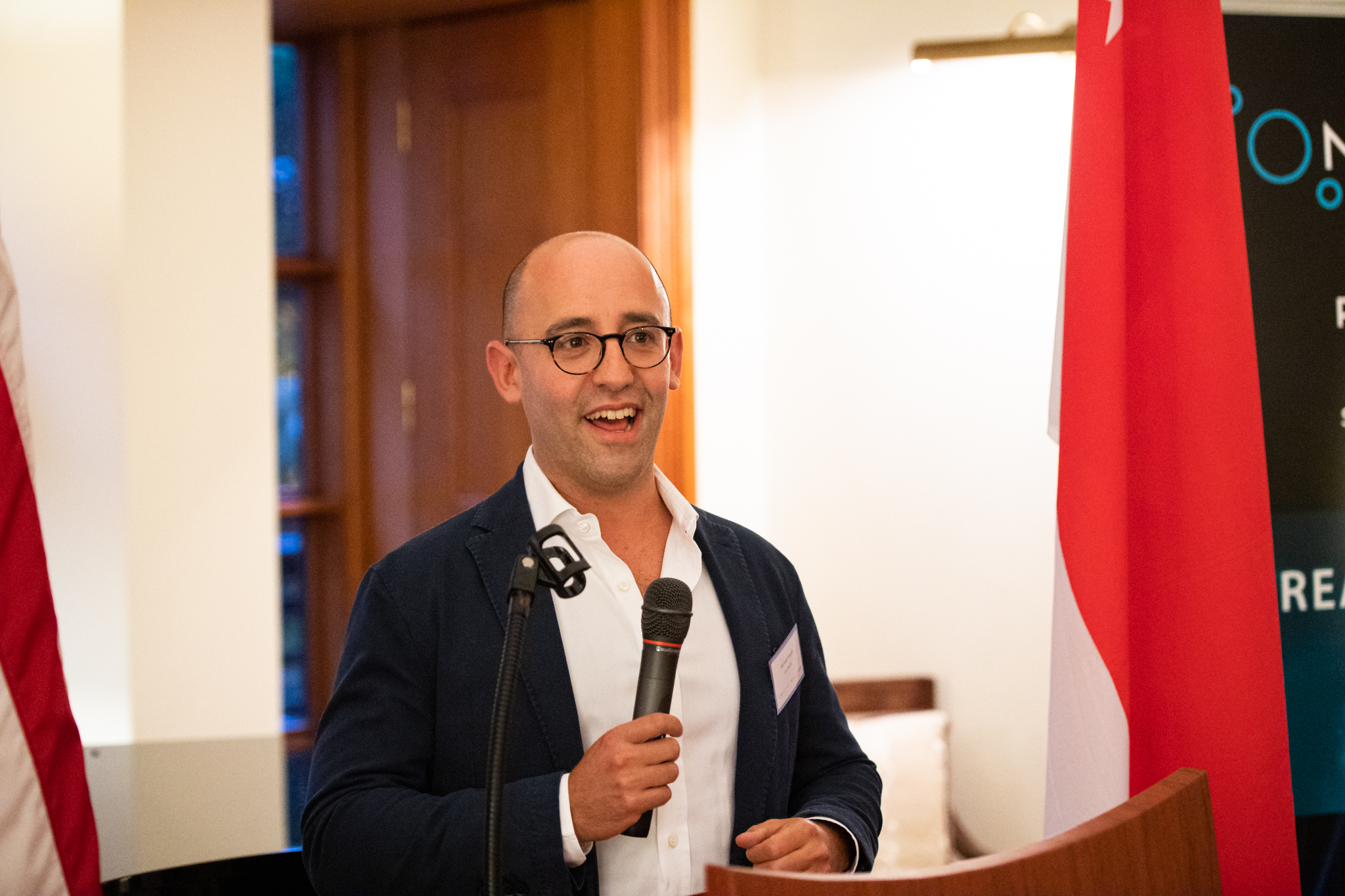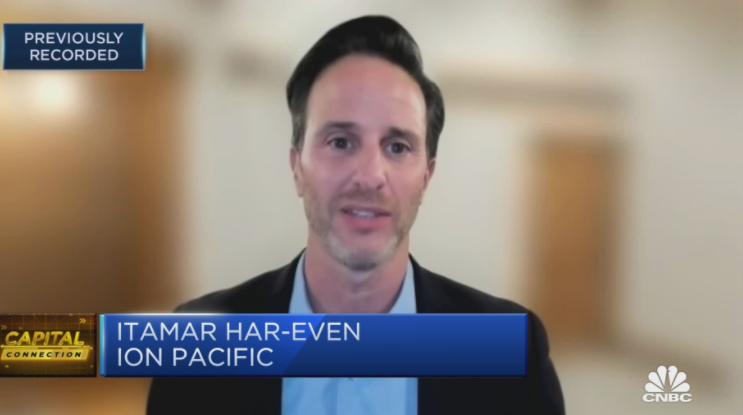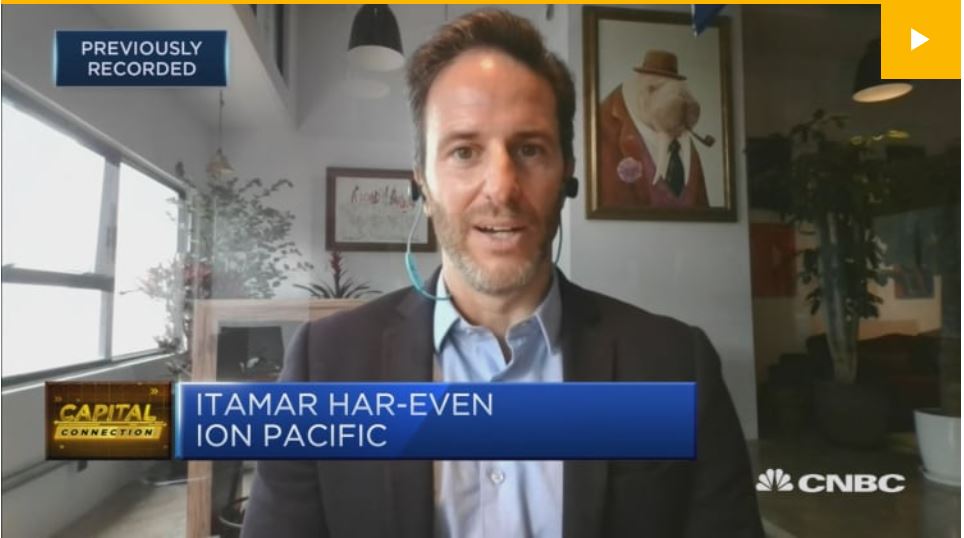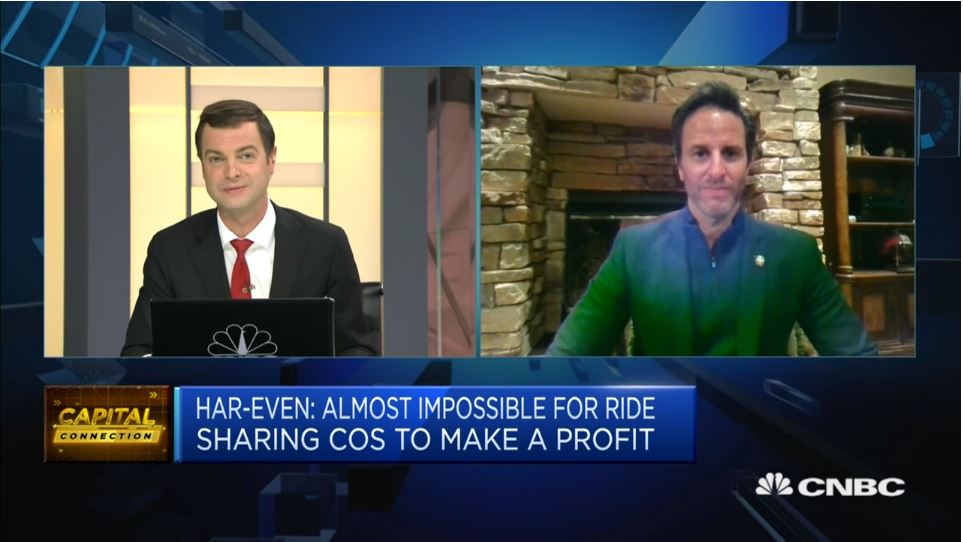VC partnerships: Mind games
In private equity, cross-cultural miscommunication and sheer bravado are the most commonly cited reasons for personal friction derailing what might have been a fruitful relationship. But in venture capital, some of the biggest psychological pitfalls stem from a lack of familiarity with the asset class itself.
Michael Joseph, a managing director and co-CEO at Ion Pacific claims unique visibility on the issue, given his firm’s non-traditional approach to VC. Ion Pacific works closely with LPs and other GPs when it takes secondary positions in funds. As a hybrid debt and equity investor, it also often seeks highly aligned advisory relationships with individual entrepreneurs – rather than whole companies – by keeping the same class of shares as the founder.
Joseph sees the explosion of interest in VC in recent years as a challenge of understanding between these counterparties that is made more personal by the fact that so much of the activity revolves around impassioned entrepreneurs and high net worth individuals (HNWls). It is hard to find reliable numbers on what percentage of first-time VC investors are HNWls, but the consensus view is that this group represents the basis of the boom from a financial perspective, especially in Asia.
The problem is that an increasingly competitive environment characterized by rushed fundraises and dazzling headlines about start-up success has created thousands of 10-year partnerships where people don’t see eye to eye. This is not only a story about HNWls being surprised by the timelines and dilution issues of VC. Fund managers are getting gummed down in frustrations as well.
“There needs to be an education process,” says Joseph. “GPs may feel that potential investors know what they’re doing and know the risks, and it’s not the GP’s job to educate them, which is fair. But the last thing you want as a GP is to be answering emails from an LP who made a $1 million commitment to your $150 million fund, hitting you every quarter and asking how the portfolio is doing.”
Good chemistry in VC may be even more important in the GP-founder relationship, given how closely they must work together. From the investor perspective, this starts with realizing that individual founders are replaceable and that it is therefore essential to maintain a workable rapport with all the top leadership in the start-up.
While the ability to attract the best start-ups remains mostly a question of the imprimatur of a VC’s brand, psyche appears to be playing a larger role as the industry swells. That’s because winning personality traits around grit and tenacity are now confronting a larger opportunity set with fewer realist voices coaching restraint.
Joseph describes a typical scenario in which a visionary entrepreneur with a survivor’s instinct plans to grow a company to a value of $150 million with VC support. Things go well, the company takes off, and the agreed exit is in view. Then the VC industry’s hype machine kicks in, and alignment of vision is lost.
“They continue to attract more praise from the market and more attention from investors until they start saying, “Maybe this isn’t a $150 million company, maybe this is the next unicorn,” Joseph explains. “Sometimes they’re right, but a lot of times, that’s not the case. You need to make sure the founder has a level enough head to make good commercial decisions versus growing a company for the wrong reasons.”
This article was also published in AVCJ November 2019 Magazine – Due diligence & psychology: Internal audit















